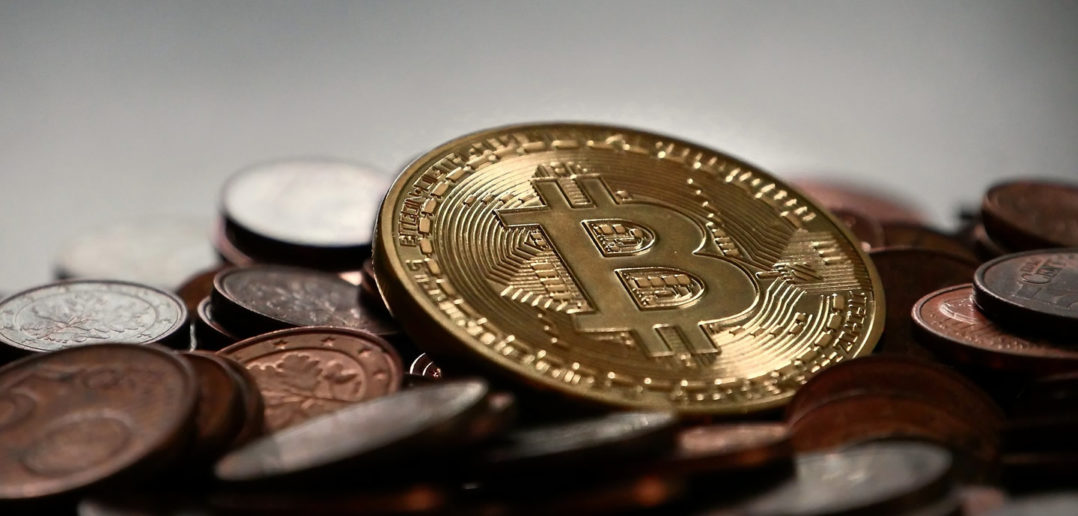A few years ago, Bitcoin was considered a fringe interest to users of the dark-web. Now, the blockchain technology behind the cryptocurrency revolution has become one of the defining innovations of the decade and has the possibility to transform many parts of our lives from business and trade to governance.
Before we go on to determine how significant the technology behind Bitcoin will be, it is important that we have some sort of understanding of the blockchain technology. It is a distributed digital leger that contains an ever-growing list of transactions, with each one validated by the network. This makes it a low cost and secure platform that can be used to self-verify anything from financial trades to identity checks.
Finance is the most obvious use for the technology, and it was the Bitcoin cryptocurrency that brought the technology to the fore. Bitcoin now has a number of competitors like Ethereum on the market, but the Bitcoin market cap has more than doubled this year, and currently stands at more than $40bn.
A matter of security
Cyber security breaches have become a depressingly common news item in recent years, but the blockchain could provide some help to stem the tide. Earlier this year, researchers from MIT’s Computer Science and Artificial Intelligence Laboratory published a new blockchain-based system that could help in the battle against preventing identity theft. The system, called Catena, adds a layer of abstraction to the blockchain that prevents equivocation, but importantly hugely reduces the download sizes and computational power needed for each node to perform an audit and check whether an identity is real.
Speed is of the essence
Online banking services make it quicker and easier than ever to send and receive money, but these transactions can still take hours to verify. The blockchain removes the need for any manual verification, as that is all handled within the distributed blockchain itself and through the use of e-wallet public and private keys.
Moreover, while debit and credit card fees are often as high as 2-5%, there are no fees associated with the Blockchain, and so payments can both be instantaneous and with almost zero fees. Most Bitcoin payment platforms do still charge some fees, but they tend to be an order of magnitude lower than the likes of Visa or Mastercard, as these companies do not have to perform the same verification steps, just handle the technology and digital transfer.
Transparency and trust
As a society, we have become increasingly interested in the idea of transparency. We want to know that our government is working for us, and that the products we buy are not form firms that exploit their workforce.
Bitcoin may have originally found fame by being an “anonymous” currency, where amounts are tied to digital e-wallet addresses and not real people, but the technology is actually surprisingly transparent, with each transaction between these wallets available for all to see on the blockchain public ledger – a truly transparent system where no-one, not even a corrupt government official, can skim off the top.
Free of government interference
Bitcoin is a digital peer to peer value exchange – a currency that is not under the control of any central bank or government. The value of Bitcoin has remained surprisingly stable in recent years, but does fluctuate both and up and down just like any currency. The main difference, however, is that there is no way for a country to “print” more money to try to influence inflation, and so there is no chance of a country destroying the value of the currency like we have seen in places like Zimbabwe.
Decentralised and provably fair gaming
Online gambling is expected to be a $60bn industry in the US alone by the end of the decade, and the blockchain technology is already proving a disruptive force in the sector. A number of online gaming firms now accept cryptocurrencies Bitcoin as payment, while others have gone further and utilised the technology to demonstrate that their digital deck shuffles are “provably fair”, or even used the blockchain to create a completely decentralised gaming platform.
Going green
When Bitcoin emerged as a cryptocurrency in 2009, a standard home PC could quite quickly “mine” a Bitcoin without too much trouble, but the currency is designed to only ever have 21m Bitcoins, with each harder to mine than the last. Now, with more than 16m Bitcoins already mined, the process of mining a new coin is extremely complex, and requires specialist hardware and a fair amount of electricity.
Bitcoin mining has come under fire for its negative effects on the environment, with coal or other dirty energy sources wastefully used to generate electricity to “mine” a digital string. While that argument still holds true for many Bitcoin mining outfits, renewable energy has become a focus for the industry, with a new Bitcoin focused datacentre in China relying on solar and wind technology for its energy needs.
The future
It is less than ten years since the idea of the blockchain was first published, and the technology has already started to revolutionise many parts of our lives. The next decade may see its decentralised nature being used to change how we interact with everything from our banks to our governments.



